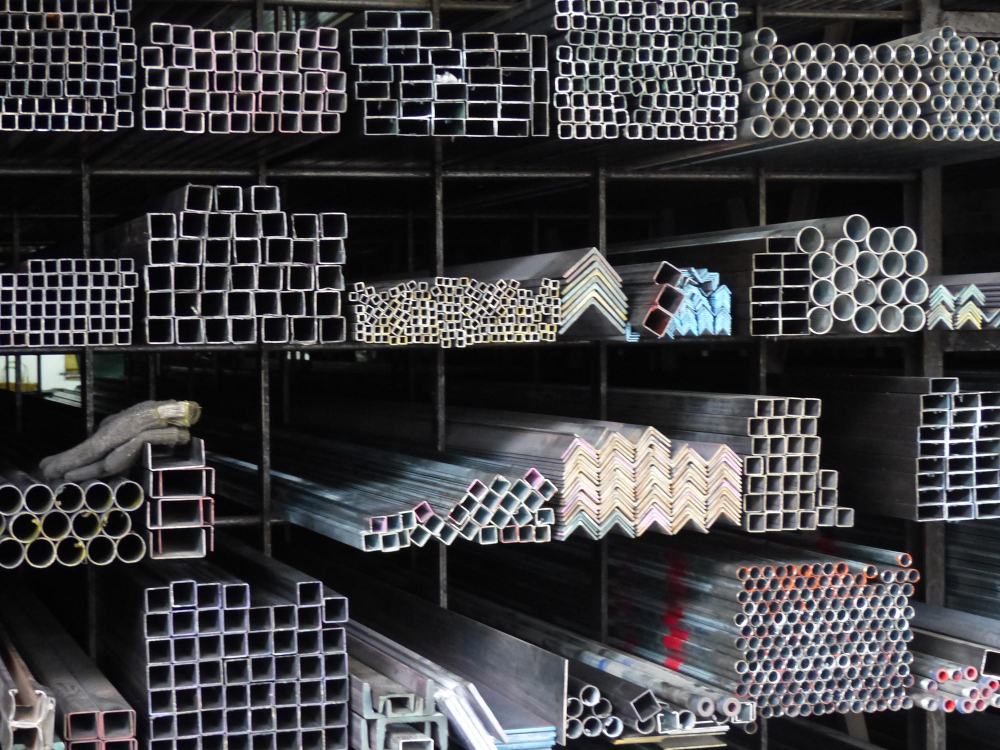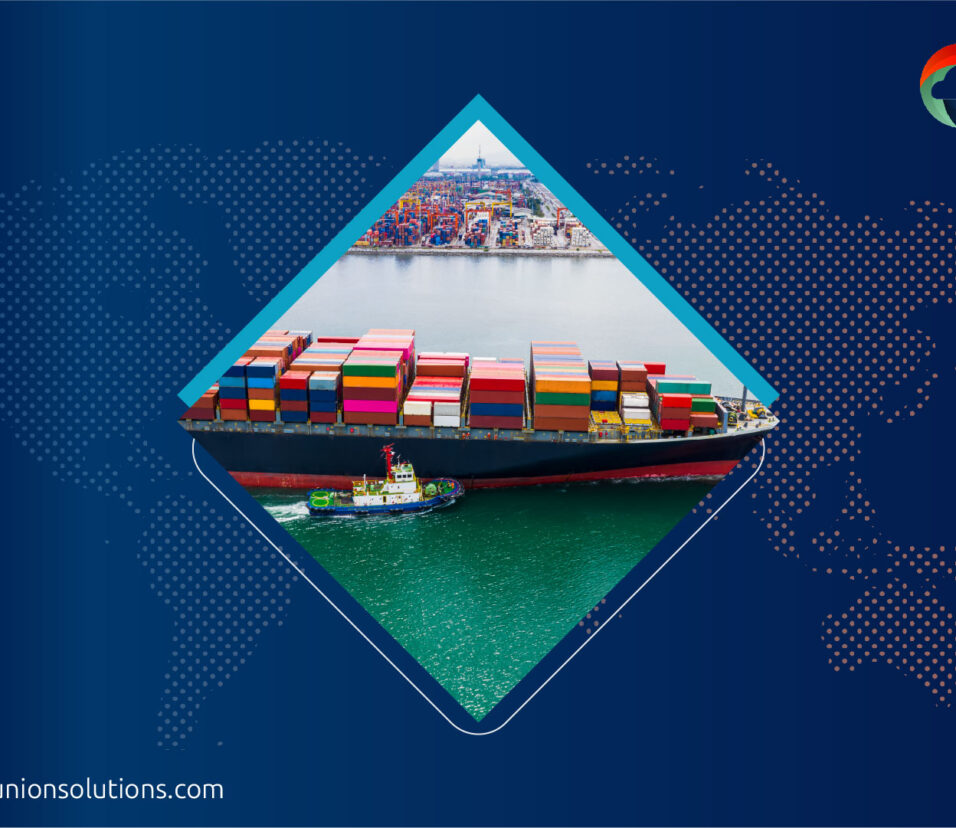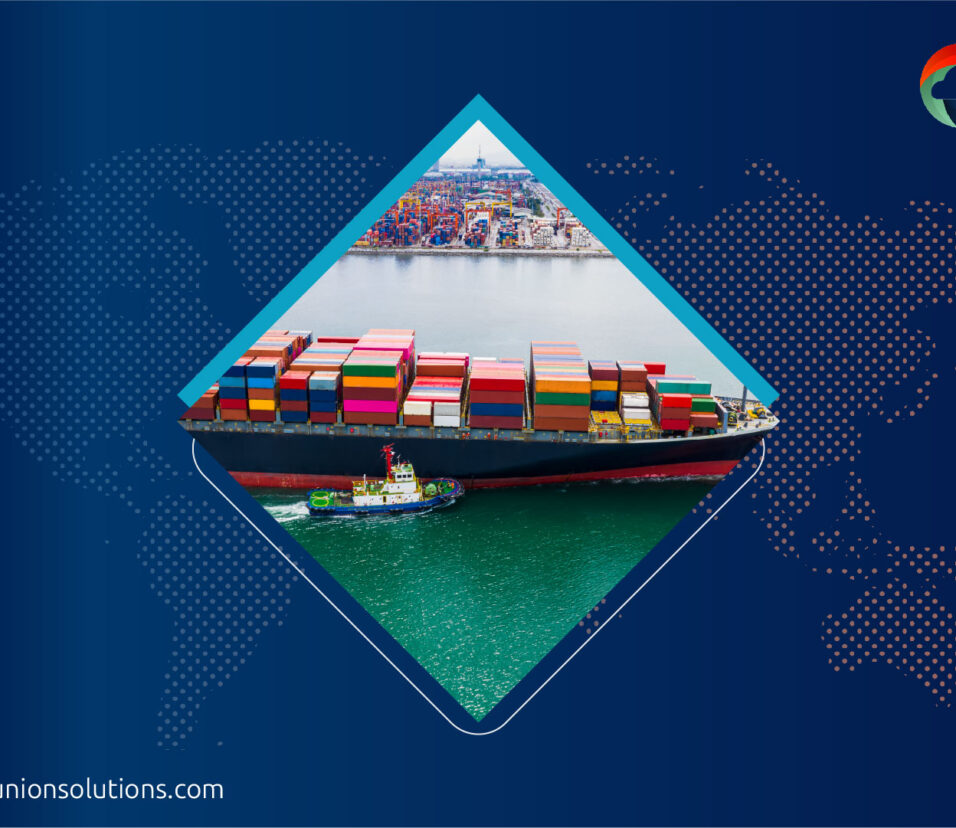Navigating Import Regulations for Steel Suppliers in the Philippines
The steel industry is a vital part of the Philippines’ economy. It provides the essential materials for major projects in construction, infrastructure, and manufacturing across the country. However, for businesses that import steel, a deep understanding of complex government regulations is not just an option—it is a necessity. This article provides a comprehensive guide to navigating import regulations for steel suppliers in the Philippines. It covers the key government agencies involved, the essential documents required, and the common challenges faced.
What are the Key Government Agencies and Regulations?
The import of steel products is largely regulated by a number of government organizations. The Bureau of Customs (BOC) is the main organization. The BOC is in charge of upholding all import regulations, obtaining the appropriate taxes and duties, and making sure that products meet all legal specifications.
At the port of entry, all imported steel products have to go through the stringent inspection and clearance procedure of the BOC. Suppliers need to have all of their paperwork ready for inspection and be ready for any possible physical inspections of their cargo. The BOC processes imports using a system known as the Electronic to Mobile (E2M) Customs system.
Do you want to visit Char Dham? Char Dham Travel Agent is the best place to plan your Char Dham tour. You can book the tour from here.
The Bureau of Philippine Standards (BPS) is another important organization. The Department of Trade and Industry (DTI) oversees the BPS, which is in charge of establishing and implementing regulations for product safety and quality. This entails making sure that numerous steel products adhere to particular Philippine National Standards (PNS). Certain steel products must bear the Product Safety Certification Mark, which is issued by the BPS.
This mark is an essential indicator that the product satisfies national quality standards and is safe. To prevent delays, a company needs to be proactive and know which particular standards apply to its products. The Tariff Commission is a third agency that determines the precise import duty rates for various steel products. Accurately estimating import costs requires an understanding of these rates.
What Essential Documents and Procedures Are Needed?
Steel suppliers in the Philippines need to prepare several crucial documents in order to import steel successfully. The Bill of Lading (B/L) is the most crucial. The shipper and the carrier enter into a contract of carriage through this document. It also serves as a title document and a receipt for the goods. All of the shipment’s important information, such as the kind of steel, its weight, quantity, and ultimate destination, is provided in the Bill of Lading.
Would you like to visit Indiar? A tour operator in India is the best place to plan your tour. You can book a tour from here.
The Commercial Invoice, which lists the goods’ value, and the Packing List, which lists the contents of the shipment, are additional required documents. To confirm the nation in which the steel was produced, a Certificate of Origin is also necessary.
Before the shipment can be cleared by Customs, a special import permit from the DTI-BPS is needed for many types of steel. This is an important step that needs to be finished well before the shipment arrives. A formal application must be submitted, and product samples must be sent to a recognized laboratory for analysis. The shipment will be detained at the port if this permit is not obtained.
Costly storage and demurrage charges will result from this. Depending on the product’s value and tariff classification, the last step entails paying all import taxes, duties, and other fees. In order to accurately calculate their total costs and prevent any surprises, suppliers need to be aware of these fees.
Would you like to visit Haridwar? Travel agents in Haridwar are the best place to plan your trip. You can book your tour right here.
What Common Challenges and Solutions Exist?
Navigating import regulations can be a complex and challenging process. One of the most common problems is documentation errors. A simple mistake on a Bill of Lading, a missing signature on an invoice, or an expired BPS permit can cause significant delays.
It is essential for suppliers to have a meticulous process for checking all documents before they are submitted. Working with experienced and accredited customs brokers is a wise solution. These professionals specialize in handling the complex paperwork and can prevent costly mistakes.
Another major challenge is complying with quality standards. As the BPS has strict requirements, suppliers must ensure their products are certified and consistently meet quality specifications. This may involve getting samples tested by accredited laboratories for every shipment. Suppliers should also stay updated on new regulations.
The DTI occasionally updates its list of products that require BPS certification, and being aware of these changes is a proactive way to avoid future problems. For steel suppliers in the Philippines, building a strong, long-term relationship with government agencies and staying informed is a key to success. This collaborative approach helps to clarify regulations and resolve any issues quickly and efficiently.
Key Takeaway
Successfully importing steel into the Philippines requires a thorough understanding of a complex regulatory environment. It is vital to be familiar with the roles of key government agencies like the BOC, BPS, and the Tariff Commission. Preparing all the necessary documents correctly and in advance is also crucial. By anticipating challenges, such as documentation errors or changing standards, steel suppliers in the Philippines can streamline their import process. A compliant and efficient import strategy is not just about avoiding penalties. It is about building a reliable and trustworthy business that can thrive in a competitive market and contribute to the nation’s economic growth.





